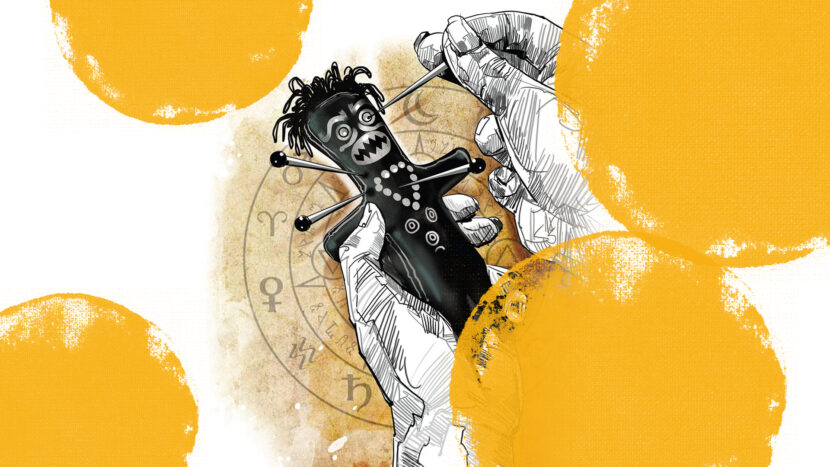With power comes responsibility, and this also holds true for superstitions and rituals particularly in a country like India whose multilayered culture is saturated with traditions.
For the most part, these practices are seen as essential in the pursuit of abundance and good wellbeing although authorities are now taking a harder stance on some customs with questionable activities, as explained in a recent study by ENV Media, a media company engaged in lead generation and performance marketing within the online casino industry.
The report focuses on the multilayered traditions and symbols that are believed will bring luck to a desi player even if the practices may not have immediate applications in online casino games; and yes, even online gaming players have their favorite ritual or superstitions that they religiously follow to determine their luck when they play online blackjack and many other casual entertainment games available in the market today.
Karnataka Anti-Superstition Law, Maharashtra Black Magic Act
The state of Karnataka is considered to be the leader when it comes to passing a legislation targeting dangerous superstitious practices. The earliest iteration of its law was in 1982, and more recently, the Karnataka Anti Superstition Bill of 2013.
The controversial anti-superstition law, which was a diluted form of the Karnataka Prevention and Eradication of Inhuman Evil Practices and Black Magic Act, 2017, was signed by the governor in December 2017, and officially notified by the BJP government on January 4, 2020.
A total of 16 practices were banned under the law, including “irrational practices” such as barring menstruating women from entering their homes as well as houses of worship, pressuring people to join fire-walks, and beating people by declaring them evil.
Made Snana, which was banned under the law with respect to having Dalits roll over leftover food, has since been modified to be voluntary and no longer involves leftovers.
In Maharashtra’s case, the state has the most comprehensive body of legislation that targets exploitation operating under the guise of rituals and superstitions. The state also passed the Anti-Superstition and Black Magic Act in 2013, which focuses on “inhuman and evil practices” including sacrifices, post-mortem rituals, and other serious anti-social and extreme practices.
India needs central bill to address inhuman rituals
Despite efforts from states like Karnataka and Maharashtra to combat these irrational practices, what India really needs is a central law that will address the matter comprehensively—and one that will focus on the victim and not the crime, according to ENV Media analysts.
Even the Odisha High Court concurs. In JituMurmu @ SukulMurmu&Anr. V. State of Odisha, the High Court stated that current state laws are not enough to address the issue, emphasizing on the “urgent need for a central law.”
“State anti-superstition laws have not covered enough ground. India possibly needs a Central bill on the matter, focusing more on the victim and not the crime, more on the perpetrator’s benefits, and less on the customs that have led to the market for it. Cases of witch-hunting and human sacrifice are terrifying and need immediate attention, albeit being relatively rare,” according to the ENV Media report.
Related: World’s biggest corporates hit hardest by illicit activity despite bolstering defences

1 Comment